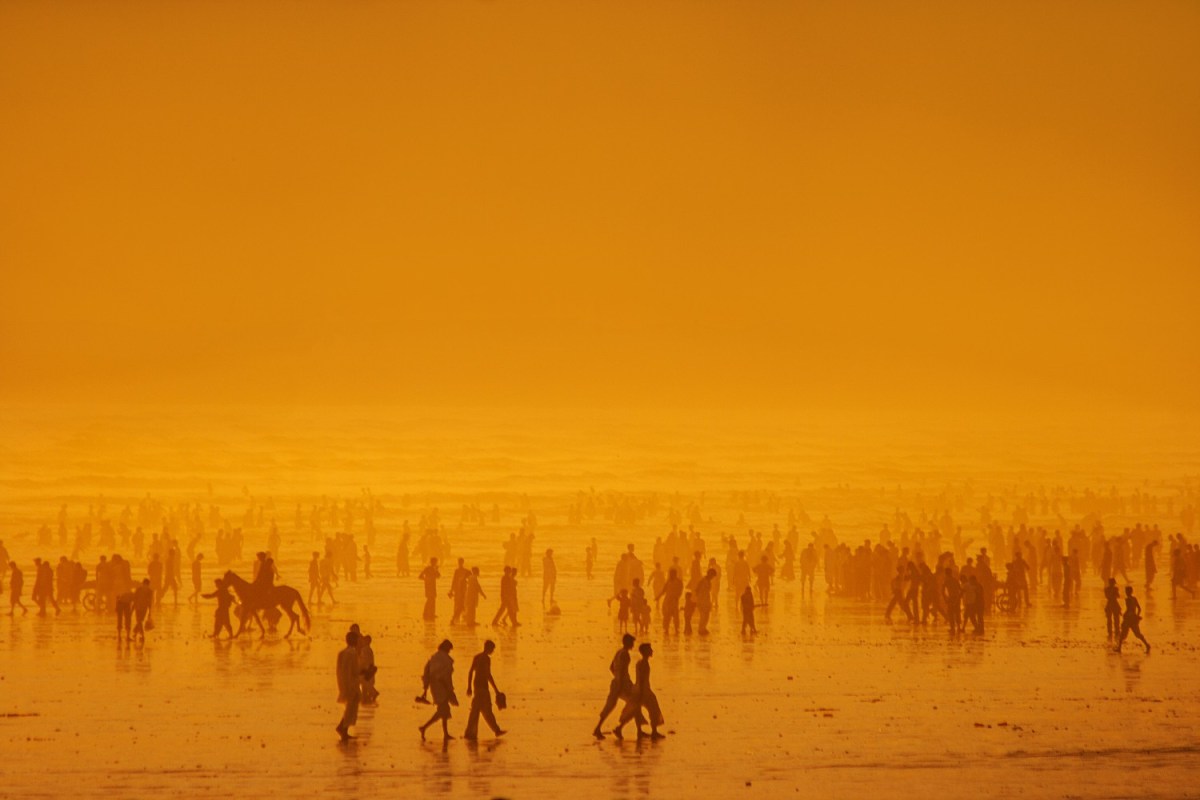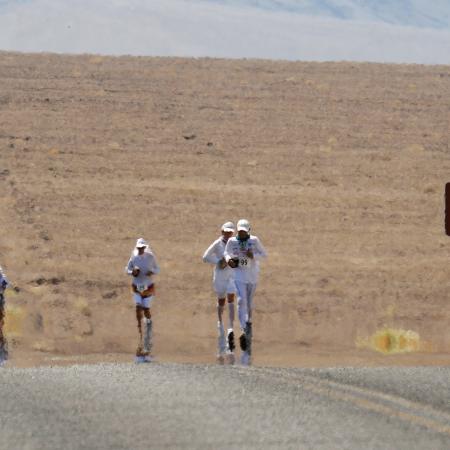No, it’s not just you — it’s getting hotter pretty much everywhere in the world. This summer has already seen a new milestone reached for the hottest average global temperature, and if current trends continue, we’ll probably see that milestone exceeded repeatedly in the years and decades to come. It’s enough to make you want to crank up the air conditioning — though that isn’t without its hazards as well.
One of the more jarring aspects of climate change is the way that its effects have altered the way we discuss heat and — more specifically — extreme heat. And a new article by Erin Stone at LAist makes it clear just how the proverbial discourse has changed around heat and what it might mean for those of us living through this moment in history.
This includes data from the NOAA that points to an alarming new status quo: temperatures rising all over the nation, with a handful of exceptions. (Specifically, North Dakota and most of South Dakota.) Regarding the rise in temperatures, the National Weather Service’s Alex Tardy told Stone, “[I]t’s always been a moving target, but the target is moving up and up and up and warmer and warmer and that’s what we’ve seen the past 10 years.”
Is Climate Change Making Turbulence Worse?
Experts say, unequivocally, yes.All of which means that the unbearably hot temperatures of a decade or two ago might be the balmy and seasonal temperatures of today — and, unfortunately, the temperatures we might find ourselves looking back on wistfully a few years from now. It’s one of the more pervasive effects of climate change.
Thanks for reading InsideHook. Sign up for our daily newsletter and be in the know.


















